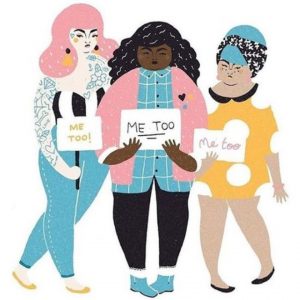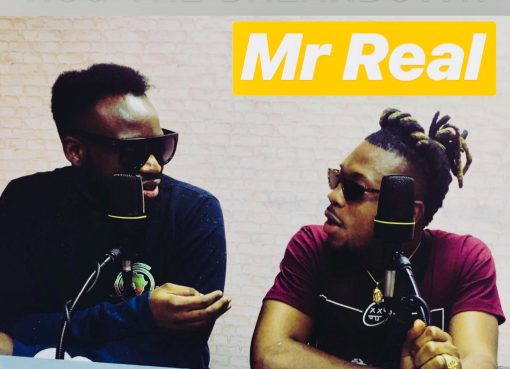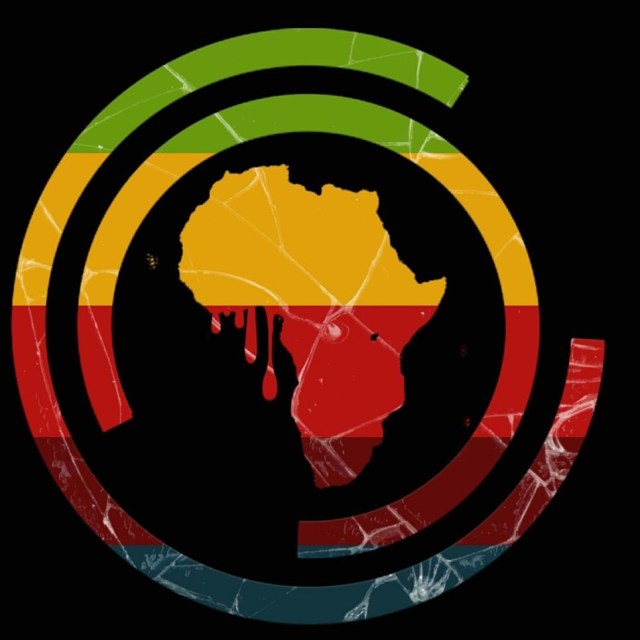Save the Black Woman!
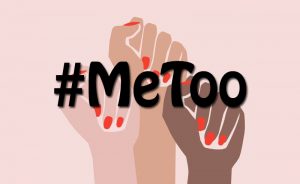
It started with an exposé detailing countless allegations against Hollywood producer Harvey Weinstein. But soon, personal stories began pouring in from women in all industries across the world, and the hashtag #MeToo became a rallying cry against sexual assault and harassment.
The movement began on social media after a call to action by the actor Alyssa Milano, one of Weinstein’s most vocal critics, who wrote: “If all the women who have been sexually harassed or assaulted wrote ‘Me too’ as a status, we might give people a sense of the magnitude of the problem.”
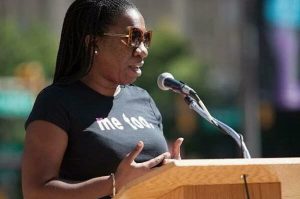
Within days, millions of women – and some men – used Twitter, Facebook and Instagram to disclose the harassment and abuse they have faced in their own lives. They included celebrities and public figures such as Björk and Olympic gymnast McKayla Maroney, as well as ordinary people who felt empowered to finally speak out. The story moved beyond any one man; it became a conversation about men’s behaviour towards women and the imbalance of power at the top.
Nearly 68,000 people have so far replied to Milano’s tweet, and the #MeToo hashtag has been used more than 1m times in the US, Africa, Europe, the Middle East and beyond. The French used #balancetonporc, the Spanish #YoTambien, and in Arab countries the hashtags وأنا_كمان# and وانا_ايضا# were predominant.
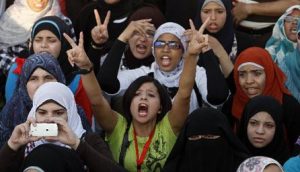
Facebook said that within 24 hours, 4.7 million people around the world engaged in the #metoo conversation, with over 12m posts, comments, and reactions.
“That’s what #MeToo represents, it’s happened to pretty much every woman you know. I think it’s really important that we don’t allow this to become a story about this one bad guy who did these terrible things because he’s a monster, and to make it clear that actually, it’s not just monsters … it happens in every country every day to all women, and it’s done by friends, colleagues, ‘good guys’ who care about the environment and children and even feminism, supposedly.”
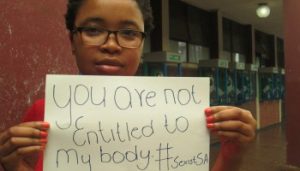
The internet age has better equipped people to deal with these issues. Social media has democratised feminism, helping women to share experiences of sexual violence, such as on the HarassMap platform launched in Egypt, build solidarity, as seen with the #YesAllWomen hashtag that trended for weeks after Elliot Rodger went on a shooting spree in California, or keep international attention on events that slipped off the news agenda, such as the #BringBackOurGirls campaign launched after the abduction of more than 300 schoolgirls in Chibok, Nigeria.

The effects are being seen every day. One anonymous woman used the #MeToo hasthag to accuse Vice journalist Sam Kriss of forcibly kissing and harassing her. Kriss posted an apology on Medium, but has since been sacked from Vice and had his membership to the Labour party suspended. On Thursday, British GQ’s political correspondent, Rupert Myers, was also fired after a number of women made allegations against him on Twitter. The next day, Vox Media’s editorial director, Lockhart Steele, was fired over allegations made against him in a Medium post.
The movement has also inspired a series of offshoot hashtags used by men, including #IDidThat and #HowIWillChange, in which men have admitted inappropriate behaviour.
